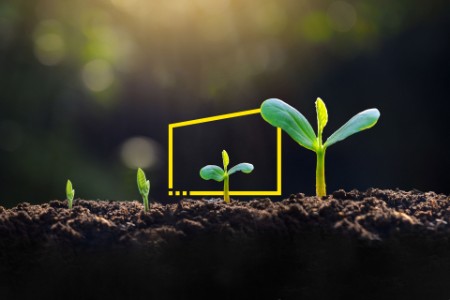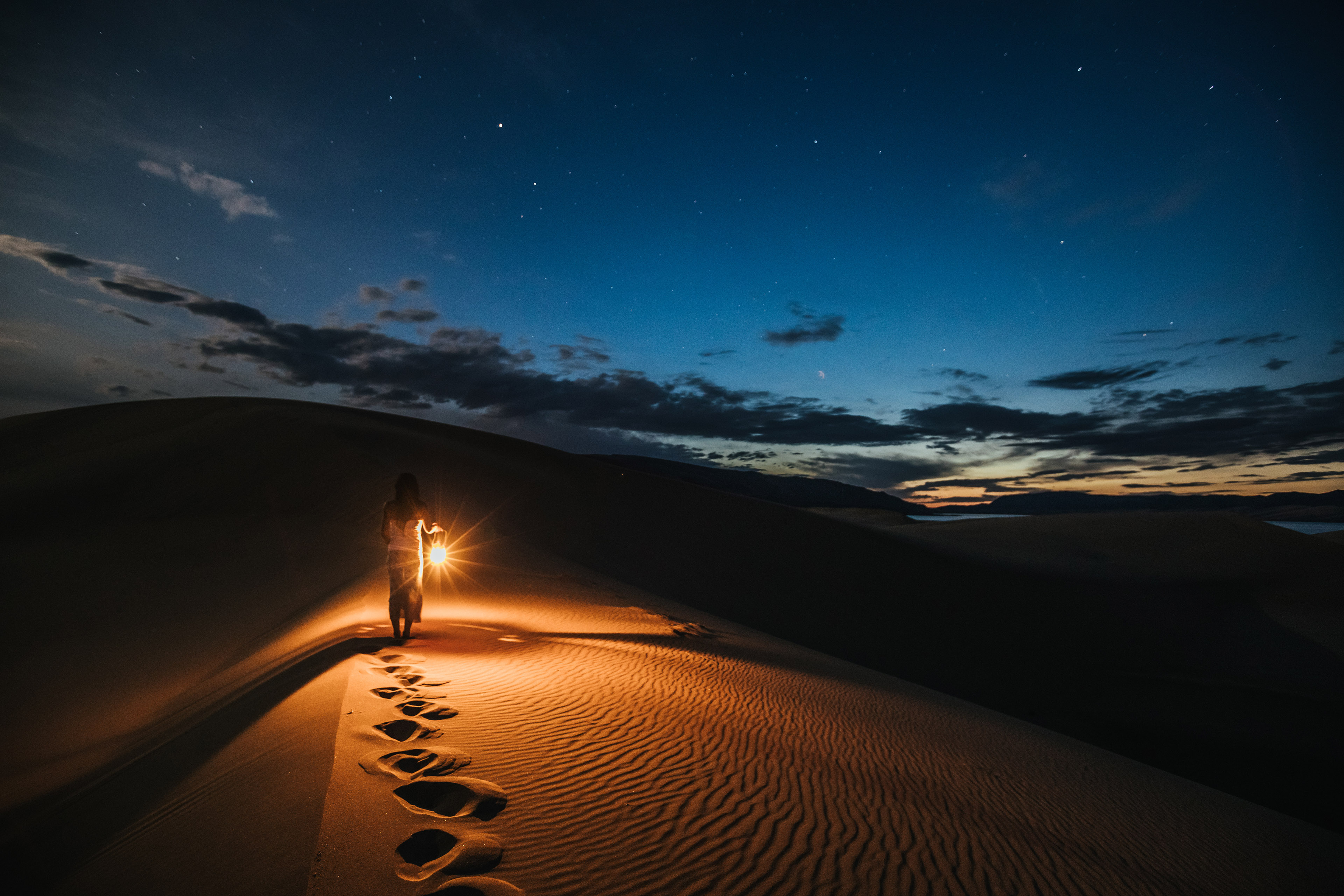2021 Better Working World Data Challenge
Don’t just predict the future. Join the Better Working World Data Challenge and use your tech skills to build a better one.
The challenge is on
Calling all university students and early career data scientists – get ready for the 2021 Better Working World Data Challenge.
Are you ready to solve the world's toughest problems and ask questions that have never been asked before? Put your skills to the test and show us how the power of data and science can improve the way we respond to global issues.
This year’s challenge gives students and early career data scientists worldwide a chance to use their data science skills to make a real-world impact and improve bushfire management.
Wildfires are a global problem increasing in frequency and severity. Your input in this year’s challenge can help to save lives, property and wildlife by allowing fire authorities to warn the right people at the right time and use their finite resources more effectively.
What do you get?
- Students get free access to Azure, Microsoft’s cutting-edge technology stack, as well as free Microsoft IT certifications
- Access to tutorials and training
- The opportunity to collaborate with others around the world
- The chance to win up to US$10,000 in cash prizes
- The top 30 finalists in each challenge will also win mentoring from EY
Getting started
This year’s challenge has two components:
Challenge 1: Build a system to detect fire-edges in infrared linescan images
Challenge 2: Build a system to map the location and behaviour of fire-edges in satellite images
Both challenges are designed to help streamline the process of bushfire mapping for bushfire authorities. Using data science and advanced analytic tools, your task is to map the location of the fires based on observations in the provided data. Once you have submitted your results, you can continue to refine your model over time to achieve a higher score.
Who can enter
Any university student with an interest in data science can enter and participate. If you have less than two years of professional experience then you can also join the Challenge, but you will need to pay to use Azure.
How to enter
The platform to submit your results will open on 24 March 2021.
You can enter the challenge as an individual or as a team (maximum four people).
You can make multiple submissions (maximum one per day) with your account before the challenge closes.
Submission requirements and evaluation
Note that participants are invited to use whatever technologies and/or methodologies they feel would be most appropriate for the challenge at hand. Your results must be submitted on the platform.
If you are selected as a finalist, you will be provided instructions on how to submit your results and supporting documentation, which should include an explanation of methodologies and algorithms used, along with any code leveraged, assumptions made and any insights identified.
Finalists will also be required to submit a video presentation of their work. Evaluation criteria will be shared once the finalists are announced.
You will also be required to provide any code and external datasets leveraged, so be sure you have used only publicly available data and that your code and methodology is robust and repeatable.
Deadline
All submissions must be made by midnight, 15 June 2021 (GMT). The top 60 global finalists will be notified and required to present a video with their findings, methodologies and assumptions, and provide any artefacts such as code base to the judges as requested. Finalists will also be required to attend the global virtual awards ceremony in the first half of July 2021.
Contact us
Like what you’ve seen? Get in touch to learn more.



